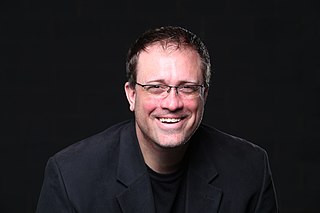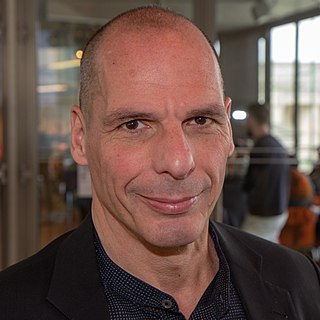A Quote by Boris Johnson
He is the resounding human rebuttal to all Marxist historians who think history is the story of vast and impersonal economic forces. The point of the Churchill Factor is that one man can make all the difference.
Related Quotes
All of the great leaders down through history have told us we become what we think about. In fact, they have been in complete and unanimous agreement on this point while they disagree on almost every other point. Unfortunately, the vast majority of people rarely think, they simply accept what they see or hear. The next time someone gives you a suggestion, rather than simply accepting and acting on the suggestion - THINK - exercise your reasoning factor. Ask yourself if the suggestion will improve the quality of your life.
Liberalism makes this mistake in regard to private property and Marxism makes it in regard to socialized property... The Marxist illusion is partly derived from a romantic conception of human nature... It assumes that the socialization of property will eliminate human egotism... The development of a managerial class in Russia, combing economic with political power, is an historic refutation of the Marxist theory.
Eating, drinking, dying - three primary manifestations of the universal and impersonal life. Animals live that impersonal and universal life without knowing its nature. Ordinary people know its nature but don't live it and, if they think seriously about it, refuse to accept it. An enlightened person knows it, lives it, and accepts it completely. He eats, he drinks, and in due course he dies - but he eats with a difference, drinks with a difference, dies with a difference.
When we're in the story, when we're part of it, we can't know the outcome. It's only later that we think we can see what the story was. But do we ever really know? And does anybody else, perhaps, coming along a little later, does anybody else really care? ... History is written by the survivors, but what is that history? That's the point I was trying to make just now. We don't know what the story is when we're in it, and even after we tell it we're not sure. Because the story doesn't end.
The question of whether world peace will ever be possible can only be answered by someone familiar with world history. To be familiar with world history means, however, to know human beings as they have been and always will be. There is a vast difference, which most people will never comprehend, between viewing future history as it will be and viewing it as one might like it to be. Peace is a desire, war is a fact; and history has never paid heed to human desires and ideals.
H. G. Wells was not the only one to mention Churchill and Hitler in the same breath: "Churchill and Hitler are striving to change the nature of their respective countrymen by forcing and hammering violent methods on them. Man may be suppressed in this manner but he cannot be changed. Ahimsa [non-violence in the Hindu tradition], on the other hand, can change human nature and sooner than men like Churchill and Hitler."


































